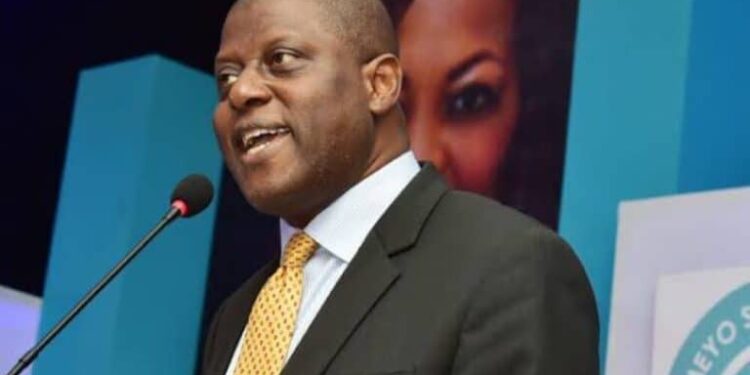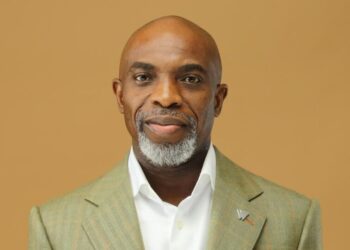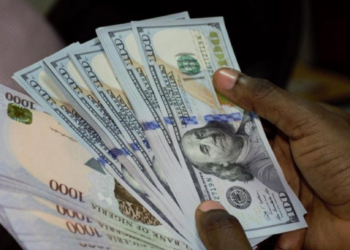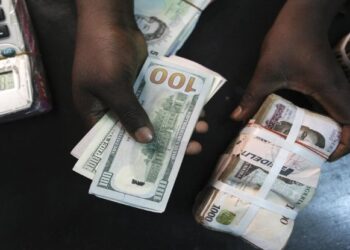The Governor of the Central Bank of Nigeria (CBN) has said that Nigerians should not blame the apex bank for the Nation’s foreign exchange woes currently being witnessed.
Mr. Cardoso stated this during an interview with Arise TV’s Boason Omofaye aired on Monday.
According to the apex bank’s chief, the CBN does not produce foreign exchange and only works with what it receives.
When quizzed on how productivity in the economy would improve the liquidity in the foreign exchange market, the bank’s Governor stated that everything ultimately returns to the bank.
- He stated, “This is a problem I sometimes have when many blame the Central Bank for the foreign exchange situation because we rely on what comes in. We don’t produce foreign exchange. All we can try and do is use that to leverage for more to come in and that also includes foreign direct investment and foreign portfolio investment”
Collaboration between government stakeholders
Speaking further, he explained the collaboration between the monetary side and the fiscal side of the economy to solve the current challenges bedevilling the nation. He stated that the sentiment is shared by different stakeholders across various government sectors.
The CBN Governor also stated that interventions going further must reach the people it is meant to reach and will be targeted at sectors that might have been negatively impacted by the government’s policies.
According to him, previous interventionist moves by the bank did not reach the local farmers and were not geared towards addressing the distortionist impact of government policies.
What you should know
The naira in the past week had tumbled approaching the N1500/$ threshold on the official market prompting the CBN to take action by implementing a series of measures, including lifting the cap on exchange rates quoted by International Money Transfer Operators (IMTOs).
Also, the apex bank had stated it would end CBN intervention finance programs. The CBN in the past years under the leadership of Gov. Godwin Emefiele had carried out various development programs across agriculture, manufacturing, MSMEs, energy, etc prominent among them was the anchor borrower program which gulped around N1.01 trillion.
























